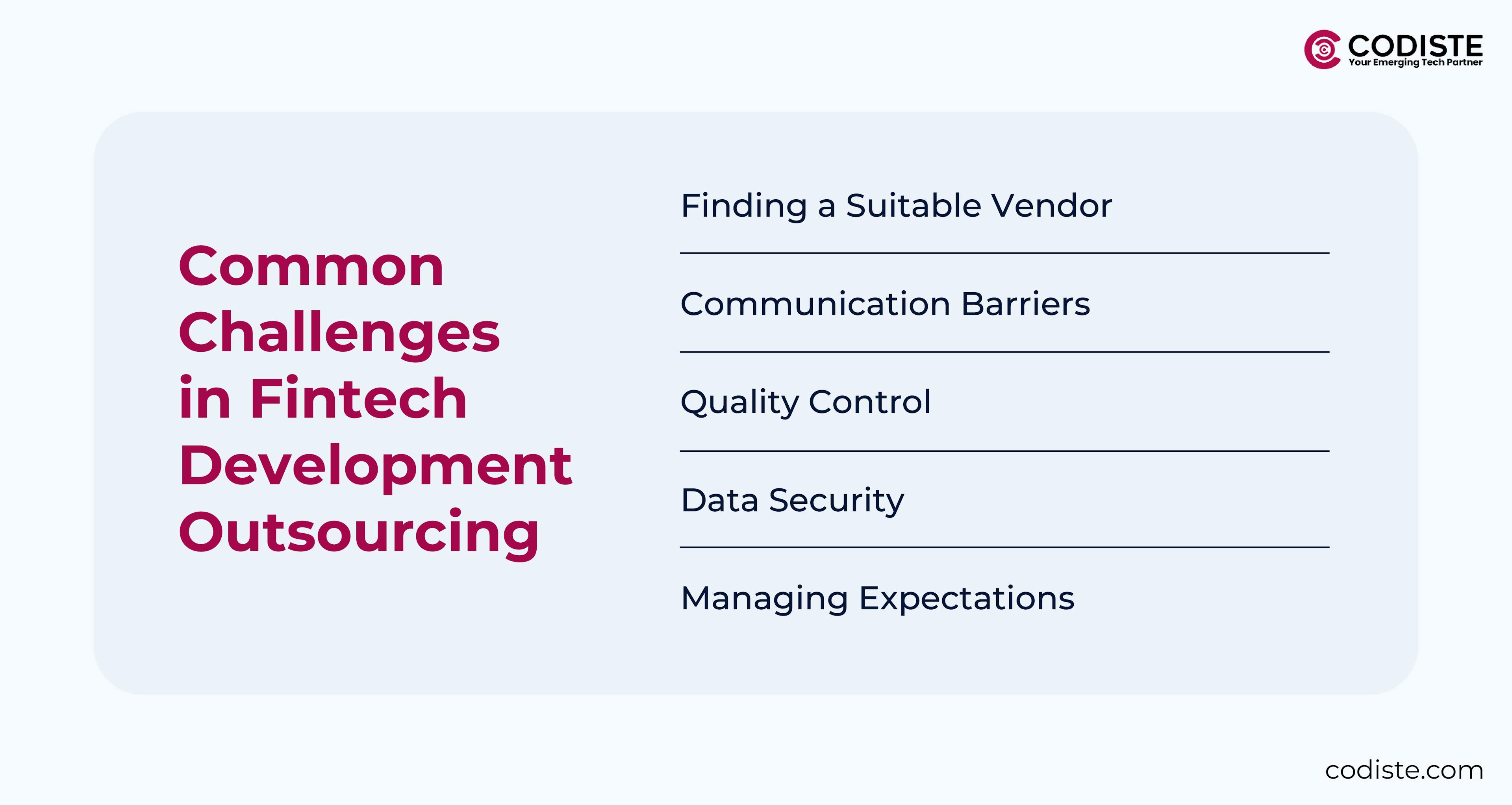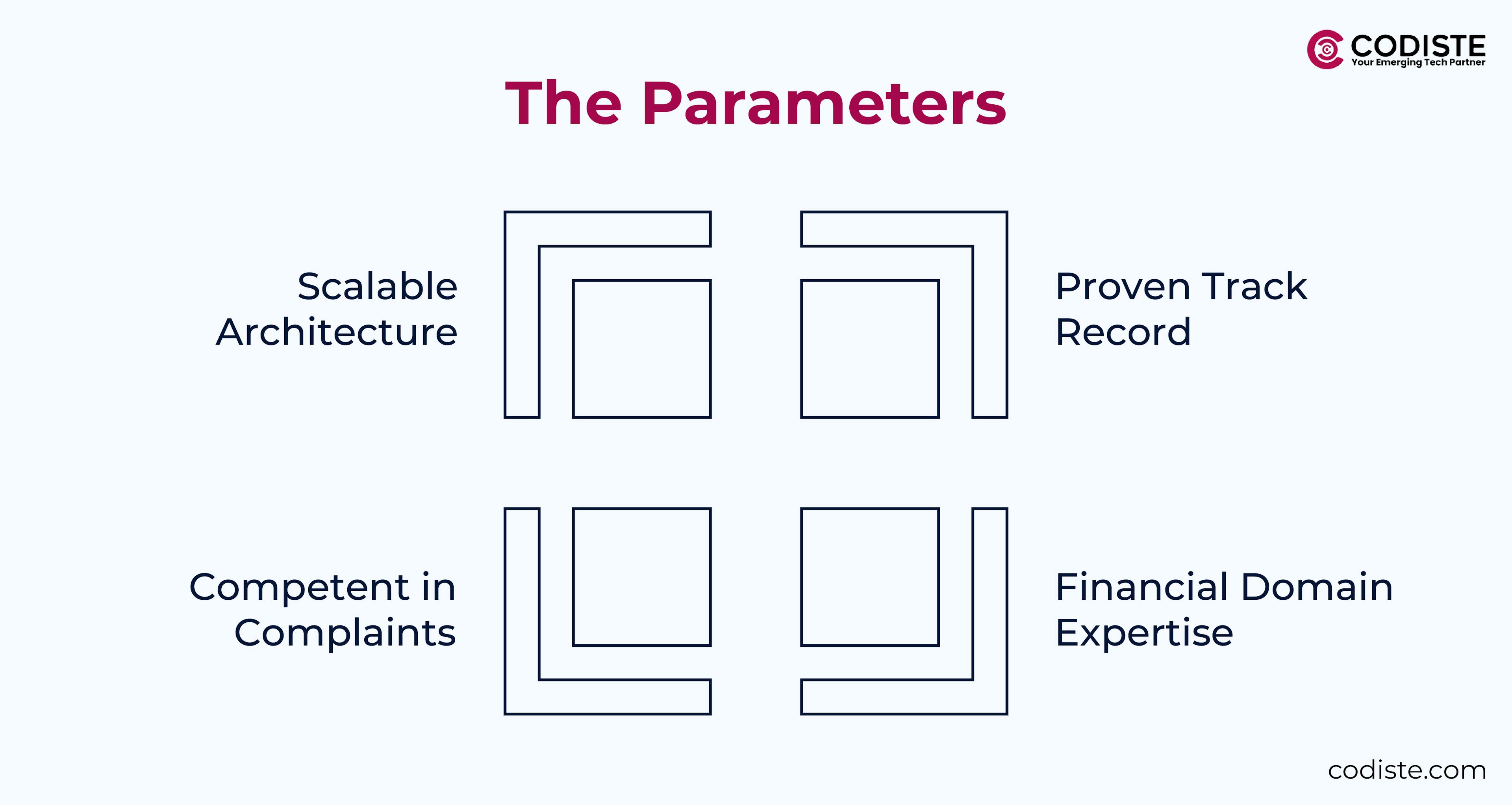


Justin Y, partner of a newly rising neobank, stared at the demo that had just ended. The third fintech software development company this month had promised "revolutionary AI capabilities" and "seamless compliance integration." Yet when forced for specifics about their AI-powered fintech solutions, their answers felt narrated, generic, and disconnected from the complex realities of financial services.
Three months and $2.8 million later, Justin Y's previous vendor had delivered a beautiful interface with AI features that couldn't pass basic regulatory stress tests. The lending algorithms failed compliance audits, the risk management system couldn't integrate with existing infrastructure, and the promised "intelligent automation" required manual oversight that defeated its purpose entirely.
If you're a decision-maker evaluating fintech software development companies for AI-driven initiatives, Justin Y's story might feel uncomfortably familiar. The stakes are too high, and the market too competitive, to get your technology partner selection wrong again.

The fintech AI implementation landscape has become a minefield for executives. According to a 2024 report from the US Department of the Treasury, "Generative AI models are still developing, currently very costly to implement and very difficult to validate for high-assurance applications."
This reality creates a paradox: AI capabilities are essential for competitive advantage, yet most vendors lack the fintech-specific expertise to deliver production-ready, compliant solutions.
The traditional approach of vetting software vendors fails when applied to AI in fintech partnerships. Generic evaluation criteria miss the nuanced requirements of financial services AI implementation.
Financial software development services operate under constraints that don't exist in other industries. The intersection of AI capabilities, regulatory compliance, and real-time financial processing creates unique technical challenges.
Consider the complexity layers that top fintech software development companies must navigate simultaneously:
Generative AI in fintech introduces additional challenges around model bias, data privacy, and algorithmic transparency that generic AI developers simply don't understand at the operational level required for production deployment.
Successful fintech digital transformation through AI requires a systematic partner evaluation approach that goes far beyond typical vendor selection processes.
Look for evidence of successful AI fintech solution deployments, not just general AI experience. Request case studies showing:
Generic software companies often showcase impressive AI demos that couldn't survive a regulatory audit. Fintech solutions software development company specialists understand the difference between a proof-of-concept and a production-ready, compliant system.

Custom fintech software solutions require teams who think in financial services concepts from day one. Evaluate domain knowledge through:
Partners without native fintech experience will spend months learning domain requirements while your competition advances their AI capabilities.
AI fintech risk management isn't an afterthought it's a foundational requirement that must be architected into every system component. Assess compliance readiness through:
The best fintech app development partners treat compliance as a competitive advantage rather than a constraint to work around.
AI-powered fintech solutions must handle enterprise-scale transaction volumes while maintaining bank-grade security. Technical evaluation should focus on:
Partners who've only worked on smaller-scale AI projects will struggle with the infrastructure demands of enterprise fintech deployments.
Traditional vendor evaluation processes miss critical factors that determine fintech software outsourcing success in AI implementations.
The best fintech software development outcomes depend on experienced teams staying with your project long-term. Evaluate:
High team turnover destroys the domain knowledge accumulation that makes complex fintech AI projects successful.
AI in fintech requires integration across multiple specialized technology stacks. Assess the development partner's ecosystem relationships:
Partners with established ecosystem relationships can accelerate deployment timelines and reduce integration risks significantly.
Experience with failed fintech digital transformation projects reveals consistent warning patterns that predict partnership failures.
The most dangerous vendors are those who confidently promise fintech AI delivery without demonstrating deep understanding of the regulatory and technical complexity involved.
Top fintech software development companies position themselves as strategic partners, not just service providers. This distinction becomes critical for long-term AI success.
Fintech software development companies that offer true partnership provide ongoing strategic value that extends far beyond initial project delivery.
The right partner doesn't just deliver your current AI requirements, they help you anticipate and prepare for the fintech AI landscape that's coming next.
Choosing the right fintech software development company for AI success requires moving beyond traditional vendor evaluation toward strategic partnership assessment. The difference between success and costly failure often comes down to finding a partner who combines deep AI in fintech expertise with proven financial services delivery experience.
The evaluation framework, red flag identification, and partnership indicators outlined here provide the foundation for making a confident selection decision. But frameworks alone don't replace the insights that come from detailed technical discussions with potential partners who understand your specific business context and regulatory environment.
Ready to find your strategic fintech AI development partner? Codiste combines 12+ years of fintech software development expertise with AI-powered fintech solutions.
Guiding more than 100+ financial services and projects through successful AI implementations has provided us with an advantage that most businesses just desire. Schedule a consultation now and discuss your specific AI objectives, regulatory requirements, and timeline constraints, and we'll provide a detailed assessment of your project complexity and a blueprint for achieving those goals.




Every great partnership begins with a conversation. Whether you’re exploring possibilities or ready to scale, our team of specialists will help you navigate the journey.